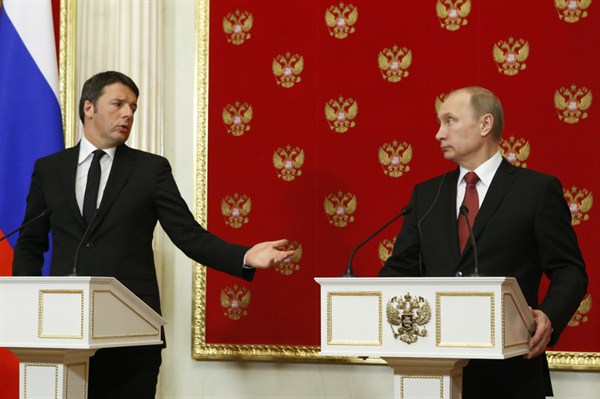Here is a modest proposal to resolve the Ukrainian crisis: NATO should invite the so-called Islamic State (IS) and Boko Haram to send fighters to assist Kiev’s battered military.
Die-hard IS and Boko Haram extremists would surely be happy to battle the Russian-backed separatist forces in Ukraine and their Orthodox Christian-nationalist creed. For veteran Islamists, it would bring back memories of past glories in Afghanistan and Chechnya.
This whole idea is clearly bonkers. But does it make more sense to ask Russia to help fight threats to Europe from IS and its affiliates in Africa and the Middle East?

